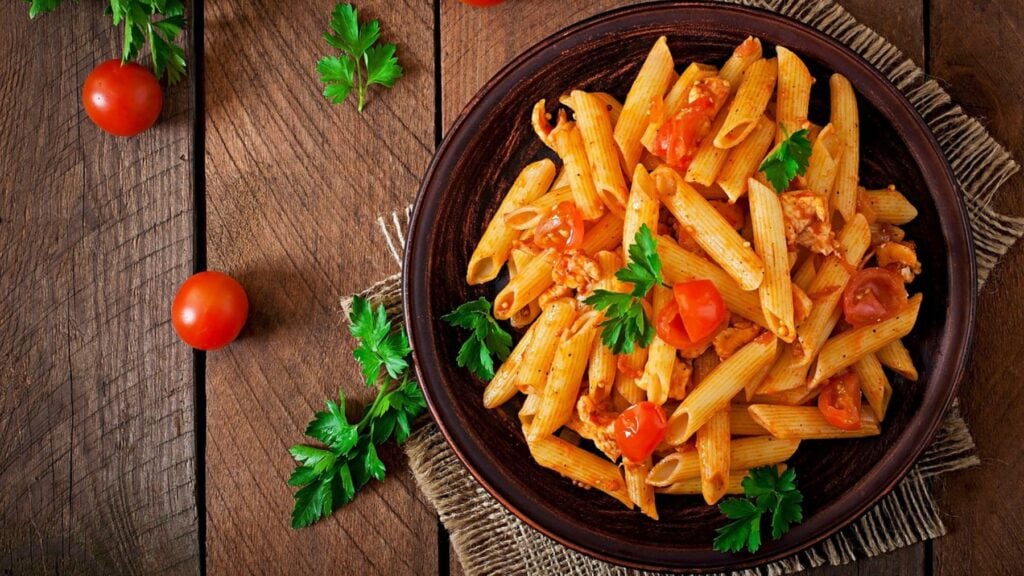Carbs have always been at the center of dietary debates. For years, they’ve been labeled as the villain in weight loss and health circles, with many people cutting them out entirely. But in recent years, nutrition experts have begun to rethink this all-or-nothing approach.
With trends like keto and low-carb diets becoming mainstream, many people are left wondering: Are carbs good or bad for you? The truth is, carbs are not the enemy. In fact, when consumed correctly, they can be a vital part of a healthy diet.
The key is understanding what kinds of carbs you’re eating and how they affect your body. While some are processed and can lead to health problems, others provide essential nutrients that fuel your body. So, let’s dive into what carbs are, how they impact your health, and what this means for your favorite foods.
What are carbs?
Carbohydrates are one of the three main macronutrients your body uses for energy. They’re found in a variety of foods, from fruits and vegetables to grains like rice, bread, and pasta. There are two main types of carbs: simple and complex.
Simple carbs are sugars, found in foods like fruit, milk, and processed snacks. They break down quickly in your body, causing a rapid spike in blood sugar levels. Complex carbs are found in whole grains, beans, and vegetables. These are more nutrient-dense and take longer to break down, providing a long-lasting source of energy. Whole wheat bread, brown rice, and whole-grain pasta are good examples of complex carbs that can be part of a healthy diet.
Should you eat bread, rice, and pasta?
The answer depends on the type and amount of carbs you’re consuming. Bread, rice, and pasta can all be part of a healthy diet if you choose the right kinds. For example, switching from white bread to whole wheat bread can make a big difference. Brown rice and whole-grain pasta offer more nutrients and fiber than their refined counterparts.
It’s also important to pay attention to portion sizes. While complex carbs are healthier, eating them in large amounts can still lead to a calorie excess. The key is balance: combine these carbs with lean proteins, healthy fats, and plenty of vegetables to create a nutritious meal. Also, try to eat carbs earlier in the day when your body is more likely to burn them for energy rather than store them as fat.
Carbs don’t deserve the bad reputation they often have. Bread, rice, and pasta can be healthy, but it’s all about the type you choose and how much you eat. Opt for whole grains over refined options to get the most nutritional value, and remember that moderation is key. This way, you can still enjoy your favorite carb-rich foods without guilt and maintain a balanced and healthy lifestyle.
